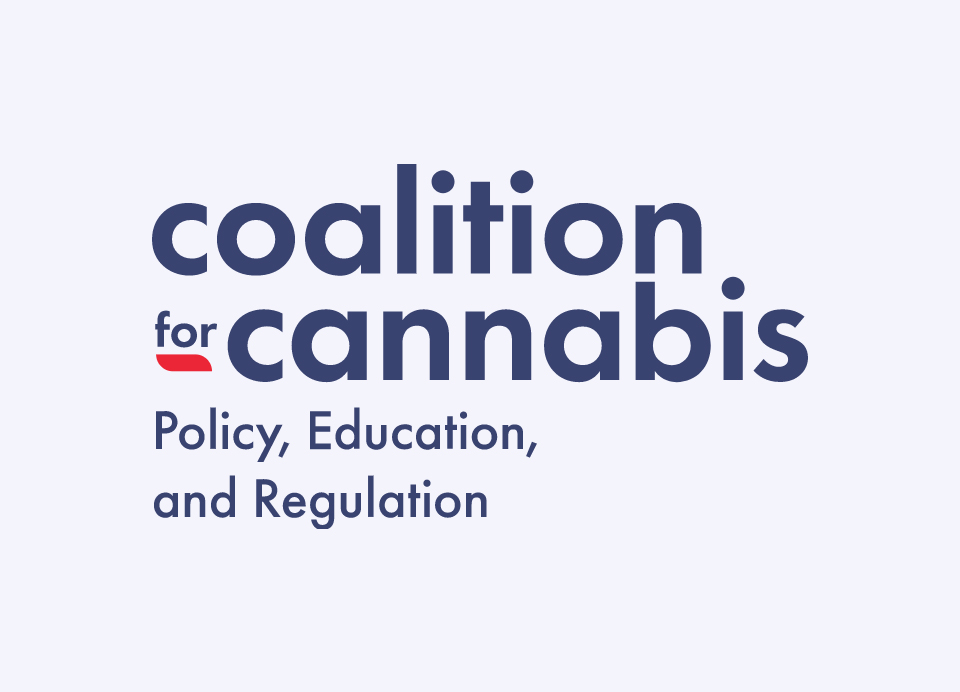
May 20, 2021
Coalition for Cannabis Policy, Education, and Regulation Releases Voluntary Principles to Guide Federal Cannabis Policy
Principles drafted by the Coalition’s consortium of independent experts provide an intellectual framework for crafting public policy solutions for federally regulated cannabis.
WASHINGTON, DC – Today, the Coalition for Cannabis Policy, Education, and Regulation (CPEAR) released a set of 11 principles formulated by its Center of Excellence to act as an intellectual framework for the thoughtful federal regulation of cannabis. The Center of Excellence is comprised of leading experts across a range of subjects either directly related or adjacent to cannabis policy, and its purpose is to serve as a neutral forum where experts can engage in robust dialogue, address intersectional issues, and offer science-based justifications for public policy solutions for cannabis regulation.
“The principles established by the Center of Excellence encapsulate some of the most important and hot-button issues currently facing the cannabis industry, advocates, and policymakers,” said Shanita Penny, an advisor to CPEAR and member of its Center of Excellence. “We know that to get federal cannabis policy done right, it will need to address many of the issues reflected in our principles. We hope those engaged in the policy dialogue around cannabis use the principles to ensure whatever federal framework comes to pass prioritizes public policy solutions including but not limited to criminal justice reform, youth use prevention, and protections for small businesses and patient access.”
“From day one, our mission at CPEAR has been to create a big tent where disparate voices across industries and areas of expertise could come together to have honest and robust discussions around the best approaches to federally regulated cannabis,” said Andrew Freedman, executive director of CPEAR. “The principles created in a collaborative effort among Center of Excellence members are an important step in our ongoing efforts to ensure the policy debate around cannabis is informed, fact-based, and forward-looking.”
The 11 principles formulated by the Center of Excellence provide a road map for short- and long-term priorities relating to the federal regulation of cannabis. Together, they create a foundation upon which a comprehensive federal regulatory for cannabis can be built. The principles are:
- Good governance
- Youth use prevention
- Substance use disorder treatment and prevention
- Criminal justice reform
- Social equity
- Small business
- Promote research
- Patient access
- Sound tax policy
- Environmental sustainability
- Impaired driving
The principles themselves do not recommend specific policy prescriptions, but rather provide an intellectual framing to help conceptualize a comprehensive regulatory model. Each principle helps keep the focus on some of the toughest issues facing cannabis regulators and federal policymakers today, and if addressed adequately should create the bipartisan support necessary for enacting a thoughtful and comprehensive regulatory framework for cannabis.
Support for cannabis legalization is not a requirement of Center of Excellence membership, and members are not expected to endorse cannabis legalization in general or support particular policy solutions.
Read the full list of principles and accompanying rationale here.